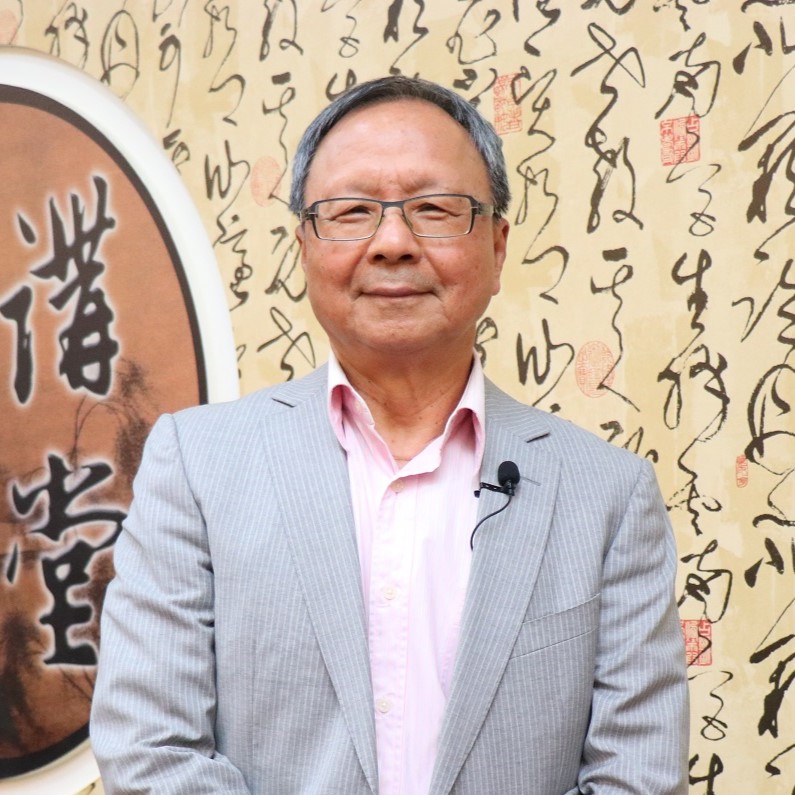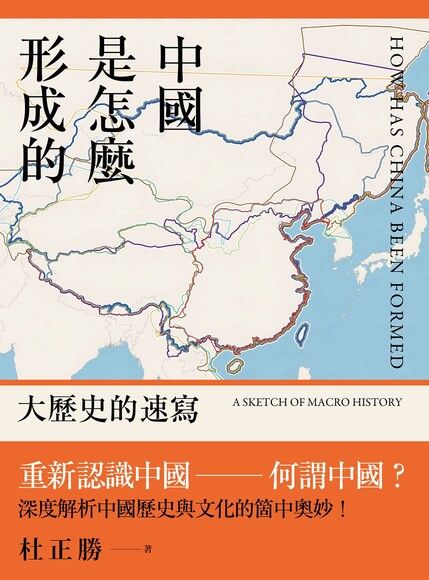
杜正勝
Du Zhengsheng is an academician of the Institute of History and Language, Academia Sinica. He specializes in ancient Chinese history and has published books on ancient Chinese history.
In 1992, he was elected as an academician of the Academia Sinica at a very young age. He later served as Director of the Institute of History at National Tsing Hua University, Director of the Institute of History and Language at Academia Sinica, Director of the National Palace Museum, and Minister of Education. After leaving public service, Du immersed himself in academic research and lecture.
In addition to his historical research, Du Zheng-sheng has shown great concern for Taiwan's society, politics, and culture. In the 1990s, he discussed history education, Taiwan’s history of democracy, and political and cultural subjectivity, and his articles were published in Taiwan's Heart Taiwan's Soul and Walking Through the Critical Decade.
作品
